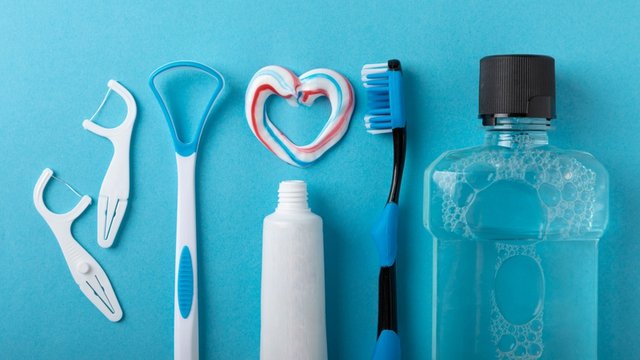

Oral hygiene is a fundamental pillar of our wellbeing that can sometimes be overlooked. Maintaining good oral hygiene prevents possible oral complications and diseases. In addition to its health benefits, taking care of your teeth helps you to have a more beautiful smile.
Studying programmes such as the Degree in Dentistry in Valencia, Degree in Dentistry in Alicante, or the Degree in Dentistry in Madrid at Universidad Europea allows you to specialise in a theoretical-practical way in this field, which we will explore in depth today.
Oral hygiene encompasses the practices and habits we follow to keep our mouth, teeth and gums clean and healthy. Below, we take a closer look at some of these practices.
The importance of oral hygiene lies in preventing dental problems such as tooth decay and periodontal disease. For example, gingivitis, an inflammation of the gums, can be prevented by good oral hygiene. This can prevent it from progressing to periodontal disease, which can lead to tooth loss.
The importance of oral hygiene goes beyond aesthetics, as it also has a significant impact on general health. Untreated infections in the mouth can trigger more serious health problems, such as heart disease and diabetes. A radiant smile and white teeth are not only indicative of good oral health, but are also symbols of personal care and well-being, positively influencing self-esteem and self-perception.
If you want to work in this sector, you should know that there are various career opportunities in oral hygiene. A thorough understanding of the functions of an oral hygienist will allow you to effectively guide your career path.
By specialising in this field, you will play a key role in preventing dental disease and educating patients on best oral hygiene practices. You will also have the opportunity to work closely with dentists and other dental health professionals to develop comprehensive treatment plans.